Explore the Best AI Image Gallery
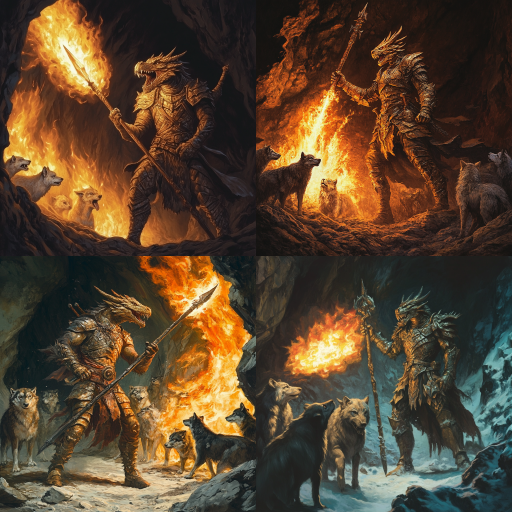
Machines With Vision: Unveiling The Impact of AI in Marketing Imagery
Artificial Intelligence has leapt off the pages of science fiction and made a dramatic entrance into numerous industries, especially in the creative realm. One of its fascinating applications is the generation of images which holds exceptional potential for marketers.
Integrating AI into marketing not only quickens processes but also provides fresh angles for creatives, enhancing the quality and efficacy of campaigns.
Unleashing Creative Potential with AI
AI offers marketers a new paintbrush in their creative tool-set, it gathers large volumes of data and uses algorithms to generate images that are high-quality, unique and tailored towards the target audience's preference. Brands can now produce engaging visual content at a scale previously unattainable.
An excellent example is AI-produced "DeepArt" that mimics the style of famous painters. Marketers can leverage these artistic styles to build memorable ad campaigns, product photography or social media graphics.
Ethical Considerations
AI image generation revolutionizes visual content creation, yet it presents ethical challenges. Issues arise around originality and authenticity. Balancing the amount of human intervention and automated computer generation to maintain a human touch in the artwork becomes crucial.
AI Images in Marketing: A Glimpse into the Future
As AI grows increasingly sophisticated, we can anticipate its greater impact on the marketing landscape.\nPredictive analytics and customer profiling will advance in tandem, producing more personalized visuals that can powerfully resonate with the target audience.
Despite this, AI, for now, remains a tool in the hands of marketers and creatives, the human touch - an understanding of subjective beauty, meaning and emotion in artwork, as well a moral compass, remains irreplaceable.
](https://images.ai-img.art/thumbnails/150/f9928aee79da6b2028ac7a7129ac30e6475a85d5300661776fde267c2da839ab.webp)
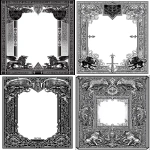
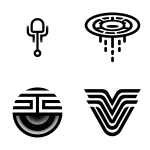


](https://images.ai-img.art/thumbnails/150/f1cbba604c7411267acd95acaa4746a5ee006a25ade5e596a9501884b384e1dd.webp)
](https://images.ai-img.art/thumbnails/150/89d86a1c20e8844b6d4ce23cf0e6ae10c19923617b6be16cac5d3cc513bf9c4e.webp)
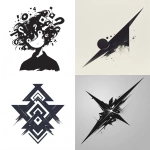
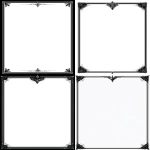
](https://images.ai-img.art/thumbnails/150/bbf691f1c69e4801062c68d0435463c5bf76258e3984fbe3cc25e9e46174cf88.webp)
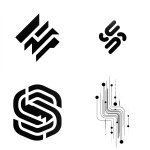
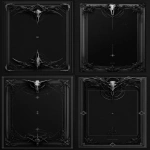
](https://images.ai-img.art/thumbnails/150/8884a7a8953b23d6c882f33524c10e09d320bbce4f305f2c7e79c402d82c1760.webp)
](https://images.ai-img.art/thumbnails/150/03de477e462377e62b34fea23ab1cbf6d4557f4077cc8bed9f23388af1200721.webp)
](https://images.ai-img.art/thumbnails/150/16ec42833d204af37c75cc776a794c54661cbfe1061c899680a4976a7f74cd51.webp)
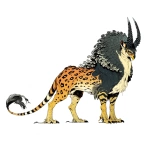
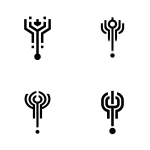
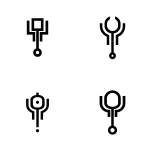

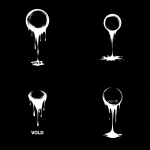

](https://images.ai-img.art/thumbnails/150/cc8f7b8338e849e1e11a902ac51eda96c8f710e5d829c5b4d57b56fa05d28e95.webp)
](https://images.ai-img.art/thumbnails/150/78a1311461ccc4b60dd1430d56ee04b3b5612a3145aef0a32196168d5489fdf3.webp)
](https://images.ai-img.art/thumbnails/150/55e9c8ac48f7ca1311ec4a843e2616aa87c73e2217901ac138d198afb0b4f1db.webp)
](https://images.ai-img.art/thumbnails/150/45d068cbdc39002eccc21e2169438a3c142426219fda8c9e027c536cdf66811e.webp)

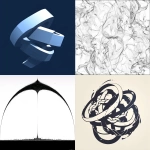
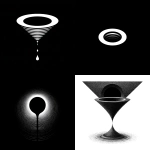
](https://images.ai-img.art/thumbnails/150/4d725f4d5380eb583bdebf0aad4c789acd6782398b4050f01f350a939dd4c2af.webp)
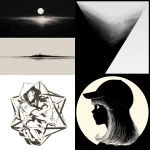
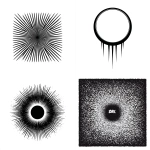
](https://images.ai-img.art/thumbnails/150/5b3fca49762c8c532ff70f250ca3b5900bac75be98d6c82f8f7a220465ad534a.webp)
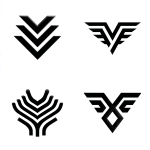
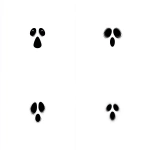
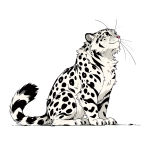
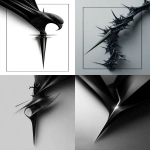


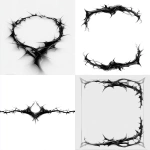
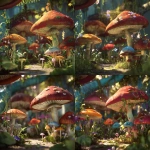
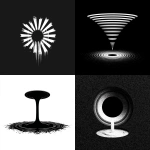
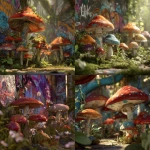
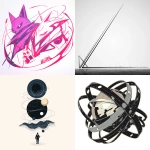
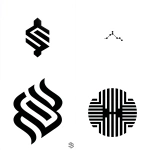
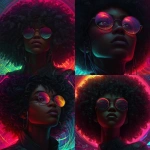
](https://images.ai-img.art/thumbnails/150/9ad2f4d771346182f4c9b6d1712edfd0b6b776f37b75dac606a8e03b1bd2dc47.webp)
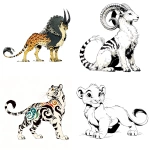
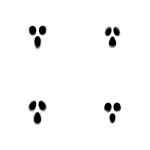

](https://images.ai-img.art/thumbnails/150/c04f7210bb9d35279503ff64ad44a9826d6909838f777fb1edd0fdece2ac7c70.webp)